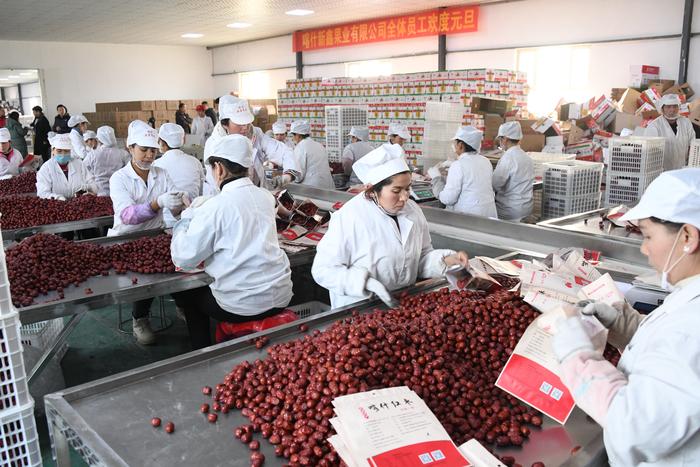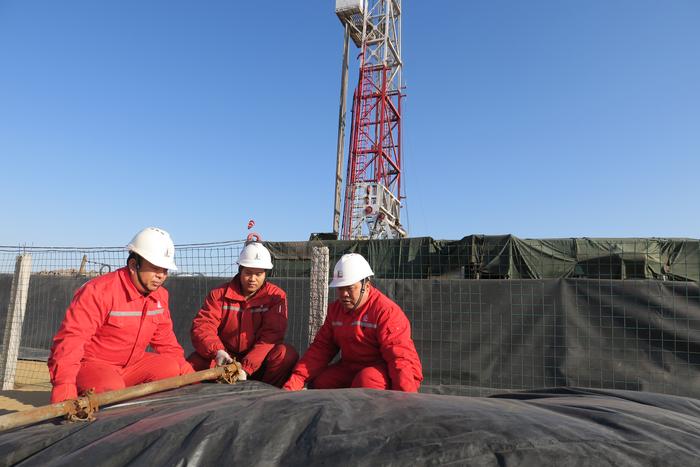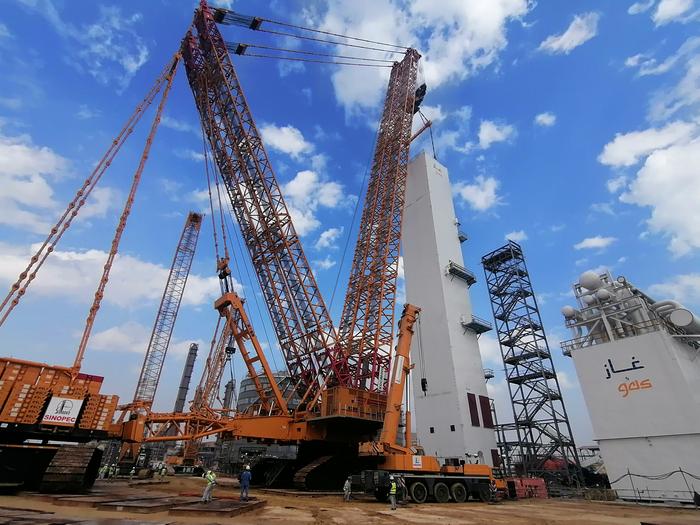|
| 2020-02-04 来源: 中国石化新闻网 |
| 石化新闻 |
中国石化新闻网讯 据路透社伦敦报道,2019年,壳牌公司的石油和天然气储量连续第六年下降到8年以下,但是投资者对这一曾被视为衡量全球主要石油和天然气公司实力的关键指标的稳步下降几乎没有反应。 市场研究公司Redburn分析师Stuart Joyner表示:“油气公司拥有15年储备的时代已基本结束。随着能源转换,你可以预期储备年限会减少。” 该公司储备年限上一次增加是在2013年,略低于12年,但此后一直呈下降趋势,2019年达到7.9年。 近年来,包括英国石油BP和道达尔在内的几家全球最大油气公司的储量年限均有所下降,但是壳牌目前的储量年限远低于2018年约11年的行业平均水平。 几十年来,投资者一直密切关注着油气公司的储量。但在2014年油价暴跌之后,人们的焦点转向了企业的盈利能力,导致许多企业出售资产以筹集资本,这反过来又导致了储备的下降。 壳牌首席执行官范伯登对分析师表示,储备年限的缩短,并不代表公司拥有的真正一体化和多样化的投资组合,也不代表我们对价值大于交易量的关注。 Joyner表示,尽管如此,低储量比率仍可能成为壳牌面临的一个问题,因为该公司正寻求出售更多的油气资产,以减轻债务负担,并支付250亿美元的股票回购计划。为了部分抵消外界对储量下降的担忧,壳牌计划从加拿大大型液化天然气项目等开发项目中挖掘第三方储量。 詹晓晶 摘自 路透社 原文如下: Shell's oil and gas reserve life drops for sixth year in a row The number of years of production left in Royal Dutch Shell’s oil and gas reserves fell for the sixth year in a row in 2019 to below eight. But there was little reaction from investors to the steady decline in what was once considered a key metric for gauging the strength of the world’s major oil and gas companies. There is a growing perception the world holds enough oil and gas to meet demand many times over, especially against the backdrop of a gradual shift away from fossil fuels because of concerns about climate change. “The days of companies having 15 years of reserves have largely gone,” said Redburn analyst Stuart Joyner. “With the energy transition you would expect reserve life to come down.” Shell was rocked in 2003 when it revealed it had inflated its oil and gas reserves for years, leading to the sacking of its chairman and chief financial officer. The company’s so-called reserve life last increased in 2013 to just below 12 years but it has been on a downward trend ever since and hit 7.9 years in 2019. The reserve life of several of the world’s biggest oil and gas companies, including BP and Total, has dropped in recent years but Shell’s is now significantly below the industry average in 2018 of about 11 years. Investors closely monitored oil and gas companies’ reserves for decades. But after the 2014 oil price crash, the focus shifted to companies’ profitability, leading many to sell assets to raise capital, which in turn led to a decline in reserves. Shell Chief Executive Officer Ben van Beurden told analysts on Thursday that the decline in reserve life, “doesn’t represent the truly integrated and diverse portfolio we have or our focus of value over volume”. The low reserve ratio could nevertheless prove to be a problem for Shell as it is seeking to sell more oil and gas assets to lower its debt burden and pay for a $25 billion share buyback program, Joyner said. To partly offset any concerns over the decline, Shell plans to tap third-party reserves from developments such as Canada’s giant liquefied natural gas (LNG) project, he said. |








